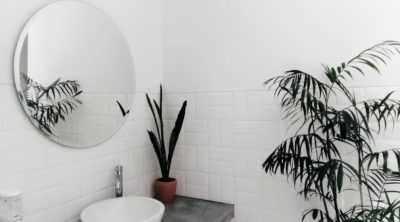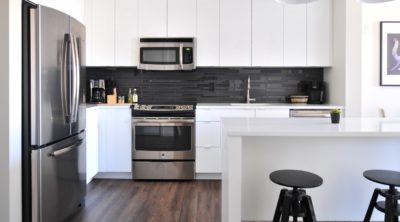
Known for its durability and resistance, the trend of bamboo flooring is soon setting in. Also, the varieties of bamboo flooring have widened the choice for the ones who are looking for great floor up-do.
Earlier, people were fascinated about installing hardwood flooring in their homes, as it brought warmth and added a touch of elegance. However, in recent times, many have noticed bamboos striking resemblance to wood, which is why it has gained more popularity. With the availability of different flooring in the market, many are at the liberty of choosing the right type for their homes.
This eco-friendly type of grass is mainly cultivated in Japan and South East Asia. Bamboos always look great and attractive when used as decorative pieces. The bamboo fibers are separated and rinsed thoroughly to remove the sugars from it. They are later turned into hard boards, which are later sold in the market for flooring purposes. The process of refining bamboos changes its texture and color, which produces different types of bamboos. Sometimes, the huge variety in flooring can confuse you while making the right choice. In this case, flooring reviews can aid you to select the perfect flooring for your house.
List of Flooring Varieties
Flooring comes in horizontal and vertical constructions, with only natural and carbonized colors. However, with the advancement of technology, different colors are now available in flooring. Read through to know about each type.
Solid Vertical Construction
Thin long strips of bamboo are cut and held together. This cluster of thin bamboo canes are soaked in resin and firmly laminated in a vertical order. Finely cut strips and good quality lamination gives the bamboo board a stylish and glossy look.
The unique look of this type of bamboo construction is very appealing to the consumers. Many manufacturers also use different processing methods to attain more refined carbonized color in flooring. However, heating the bamboo fibers, turns the bamboo canes darker. Even well polished bamboo boards look great when installed at home.
Engineered Bamboo Boards
This type is more advanced than any other flooring. These bamboo boards are constructed by the method of cross lamination. This method makes the bamboo floor more sturdy, reliable, and also durable. An engineered bamboo board comes with click and lock edges, which makes installing more easy and simple. These floors can be installed on top of another floor. Hence, it saves you the trouble of removing the old flooring and installing a new one. Moso Engineered and Tropical Engineered are two variations in such type of flooring which are available in the market.
Moso Engineered
Moso is one of the bamboo species, which is greatly used for flooring. Their beauty, quality and versatility, has prompted many manufactures to refine this species for flooring purposes. Moso engineered bamboo floors are strong and are 1000-1400 lbs hard. These floors can be easily nailed or glued.
Tropical Engineered
Tropical bamboos are very unique and look very rich with its typical grain patterns. The hardness of this wood varies from 1800-2000 lbs.
Strand Woven Flooring
Bamboo strands are boiled and are allowed to dry for some time. Once the bamboo strands are dried, they are straightened out. Once the bamboo strands are all dried and flattened, they are cut into pieces and are later woven together. The fine grain pattern on the bamboo give them a more traditional and elegant look. They are very durable, tough and easy to clean too. Woven bamboos resist moisture, which increases their lifespan too.
Some Pros and Cons
Bamboo is a great alternative to hardwood flooring. With its unique natural pattern of nodes, bamboos look more stylish and add warmth to the house. Some of the advantages are as follows:
- Easy to install
- Durable
- Eco-friendly
- Renewable resource
- Resists moisture
- Easy to clean
This kind of flooring also comes with a few disadvantages. Some of them are as follows:
- Some flooring constructions are softer compared to hardwood.
- The natural pattern on bamboo, might not appeal to some people.
- If the installation is incorrect, the floor might get damaged soon.
Bamboo flooring is sold at cheaper rates as compared to hardwood. However, its installation may cost more than the price of the bamboo board. The price of bamboo floors starts at a price of $1.50 per square feet, and varies with the quality of the bamboo. A standard finished flooring can range from $1.99 to $4.99 per square feet, while a well constructed flooring will cost up to $8.00 per square feet. The bamboo boards that are used for commercial flooring can cost up to $12.00 per square feet. Their prices are influenced by the methods used for manufacturing.
Flooring is one of the important part while building a house or changing the interiors. Therefore, installing the right floor is important. With the availability of different flooring and a choice of distinctive colors, selecting the right flooring has become easy. So, don’t wait any longer, and build an eco-friendly bamboo floor in your house.


